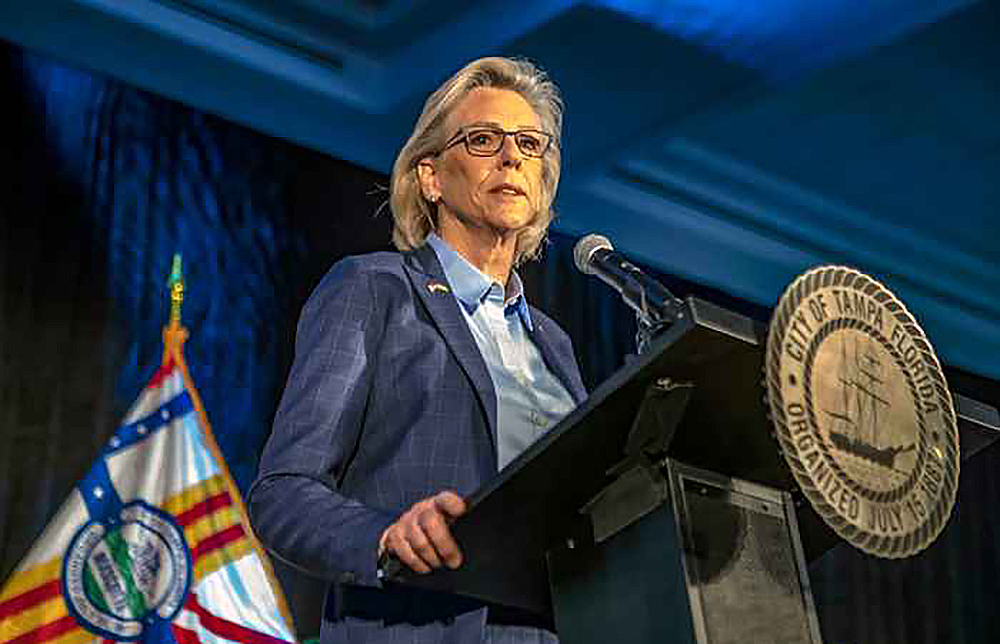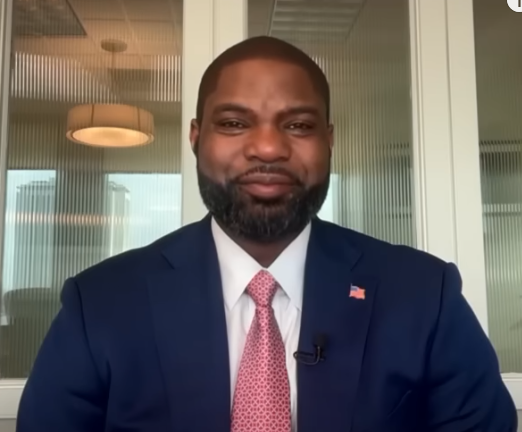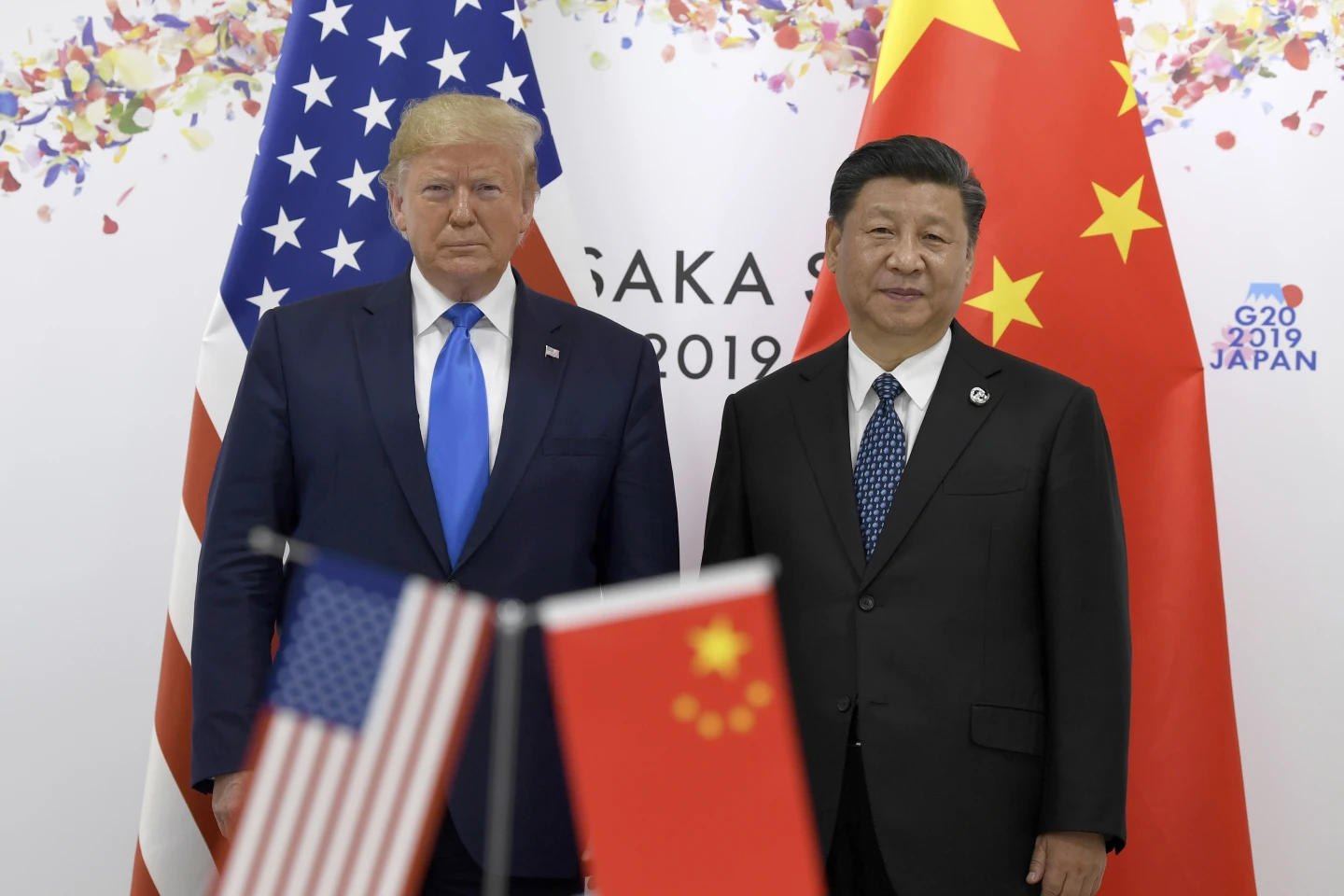One went to the United States. The other went to China. It was a sign of the times.
While the Swiss president was in Washington last week to lobby U.S. officials over President Donald Trump’s threatened 31% tariff on Swiss goods, the Swiss foreign minister was in Beijing, expressing his nation’s willingness to strengthen cooperation with China and upgrade a free trade agreement.
As Trump’s trade war locks the world’s two largest economies on a collision course, America’s unnerved allies and partners are cozying up with China to hedge their bets. It comes as Trump’s trade push upends a decade of American foreign policy — including his own from his first term — toward rallying the rest of the world to join the United States against China. And it threatens to hand Beijing more leverage in any eventual dialogue with the U.S. administration.
With Trump saying that countries are “kissing my ass” to negotiate trade deals on his terms or risk stiff import taxes, Beijing is reaching out to countries far and near. It portrays itself as a stabilizing force and a predictable trading partner, both to cushion the impact from Trump’s tariffs and to forge stronger trade ties outside of the U.S. market.
“America and China are now locked in a fierce contest for global supremacy,” Singaporean Prime Minister Lawrence Wong said in an April 16 speech. “Both powers claim they do not wish to force countries to choose sides. But in reality, each seeks to draw others closer into their respective orbits.”
Tariffs on Chinese goods are off the charts
Trump has paused some of his steepest tariffs on most American partners for 90 days after global financial markets melted down. But he has raised tariffs on Chinese goods to 145%, drawing rebukes from Beijing, which has vowed to “fight to the end.” U.S. companies are warning of higher prices, meaning Trump could face both higher inflation and empty store shelves.
The magnitude of the taxes are already dramatically affecting American imports, with the shipping containers set to arrive at the Port of Los Angeles down nearly 36% over the past two weeks, according to Port Optimizer, which tracks vessels. It’s lending urgency for both the U.S. and China to bolster support from alternate partners.
While Trump administration officials suggest the president could ease the duty rates on Chinese goods at his discretion, there has been no indication he’s yet looking for a reduction. That, after all, could suggest his protectionist policies were hurting the American economy.
“They want to make a deal obviously,” Trump told reporters Sunday, saying the U.S. had gone “cold turkey” on trade from China. “Right now, they’re not doing business with us.”
The White House has framed any negotiations as being between the U.S. president and Chinese President Xi Jinping, but neither leader seems willing to make the initial outreach without some kind of concession. The two countries can’t even agree publicly whether they are holding talks.
Earlier this month, Xi — on his first foreign trip this year — visited Vietnam, Malaysia and Cambodia, resulting in mutual pledges for closer economic and trade ties. In Vietnam, which faces the 46% tariff from the U.S., Beijing and Hanoi agreed to strengthen industrial and supply chain cooperation. In Malaysia and Cambodia, Xi secured similar agreements. Cambodia is faced with a 49% tariff from the U.S., and Malaysia 24%.
Then there’s Japan: Despite its long-standing enmity towards the nation that once colonized parts of it, the Chinese government has reached out to Tokyo and urged a coordinated response, according to Kyodo News.
China digging in
China is ready to use the stick, too. A South Korean newspaper reported China is demanding South Korean businesses not to ship goods containing China’s rare earth minerals to U.S. defense companies or face likely sanctions.
Earlier this month, Beijing warned no country should reach a deal with the U.S. at China’s expense and vowed to take countermeasures in a “resolute and reciprocal manner” should such a situation arise.
Hal Brands, a senior fellow at the American Enterprise Institute in Washington, said China will “try to exploit Trump’s abrasive behavior to make inroads with U.S. allies and countries in the Global South.”
Some scholars say Beijing is already gaining. “People lost the confidence, or even trust, for the United States, particularly for Donald Trump in the U.S. Not for China,” said Li Cheng, professor of political science at the University of Hong Kong. “So in that regard, China gains in the geopolitical landscape.”
In the latest Ipsos poll, for the first time, more people globally now say China has a positive impact on the world than the United States. The pollster cited the broad backlash to Trump’s tariffs.
Countries have to choose, but it’s difficult
China is the world’s largest exporter and the U.S. the largest importer. Total trade for China reached a record 43.85 trillion yuan (US$6 trillion) in 2024, and the country is the biggest trading partner for most of the world, including the European Union, Japan, South Korea and the grouping of the 10 Southeast Asian countries known as ASEAN.
The U.S. is the biggest destination for China’s exports, though China is only the third-largest trading partner with the U.S., behind Mexico and Canada. Total trade for the U.S. last year was US$5.4 billion, with a record deficit of $1.2 trillion. For ASEAN countries, trade with the U.S. totaled $477 billion in 2024, including $352 billion worth of goods sold to the U.S. But China does more business with ASEAN.
Countries caught between the U.S. and China are in “an impossible situation” because they need to stay economically connected both to China, “a source of a lot of their input and imports” and to the powerhouse U.S. market, said Matthew Goodman, director of the Greenberg Center for Geoeconomic Studies at the Council on Foreign Relations.
“They cannot choose one or the other, because they need both,” Goodman said.
In Europe, China is preparing to lift sanctions to revive a trade deal, according to the Hong Kong-based South China Morning Post. Chinese state media have been calling on European leaders to join China in safeguarding the multilateralism.
Back in Beijing, Xi has been receiving foreign leaders. On Thursday, he told Kenya’s President that China’s market has always kept its door open to high-quality products from Kenya and that China encourages more capable Chinese enterprises to invest and start businesses in Kenya, according to the official Xinhua News Agency. On Wednesday, Xi met Azerbaijan’s president. Xi criticized the trade war as undermining the rights and interests of all countries.
Beijing sounds resolute
On Friday, when Xi presided over a key economic meeting, Beijing’s leadership struck a positive tone but acknowledged “increasing impact from external shocks” and “urged preparing for worst-case scenarios with sufficient planning,” according to Xinhua.
Wang Yiwei, a senior fellow at Beijing’s Center for China and Globalization, said China, after dealing with Trump’s first term, is prepared for his latest tariff approach. “China is prepared for the worst,” Wang said, “and it is no longer living in the fantasy of globalization.”
Victor Gao, vice president of the Center for China and Globalization, said Beijing is prepared for decoupling. “What will be the end? It’s a complete halt, meaning no more U.S exports to China, no more China exports to the United States,” he said.
And, despite high costs to China’s economy, China will survive, Gao said. “For a country especially like China with a history of 5,000 years, what kind of people have we not seen? Whatever invaders, robbers, and barbarians,” Gao said. “But at the end, they all leave. They all disappear, all get defeated.”
___
Republished with permission of The Associated Press
Post Views: 0

 Politics8 years ago
Politics8 years ago
 Entertainment8 years ago
Entertainment8 years ago
 Entertainment8 years ago
Entertainment8 years ago
 Entertainment8 years ago
Entertainment8 years ago
 Tech8 years ago
Tech8 years ago
 Tech8 years ago
Tech8 years ago
 Tech8 years ago
Tech8 years ago
 Politics8 years ago
Politics8 years ago










